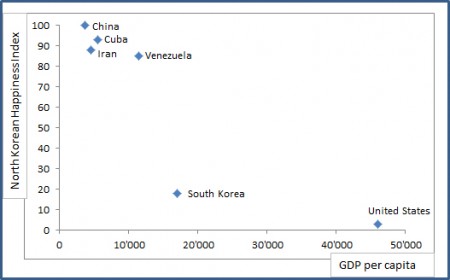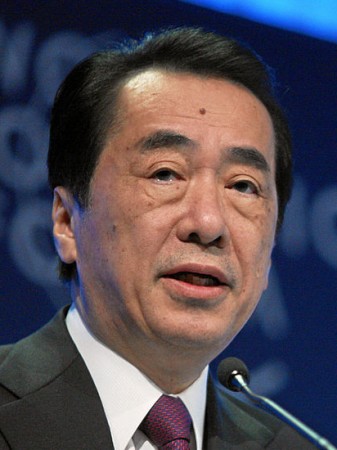
Coming up this week in our truncated ISN Insights coverage (in light of Monday’s Swiss national holiday):
- On Tuesday, Simon Saradzhyan of Harvard University’s Belfer Center comments on a historic opportunity for European missile defense in the making.
- University of St Andrews Professor Gerard DeGroot takes a closer look on Wednesday at mainstreaming gender in UN peace operations.
- On Thursday, Professor Plamen Pantev of Sofia University addresses the question: Where do the western Balkans stand after the arrest of Ratko Mladic?
And in case you missed any of last week’s articles, you can find them here on: the growing scourge of transnational organized crime; the overblown threat of nuclear weapons; understanding the process from radicalization to terrorism; and a preview of Turkey’s general elections.



